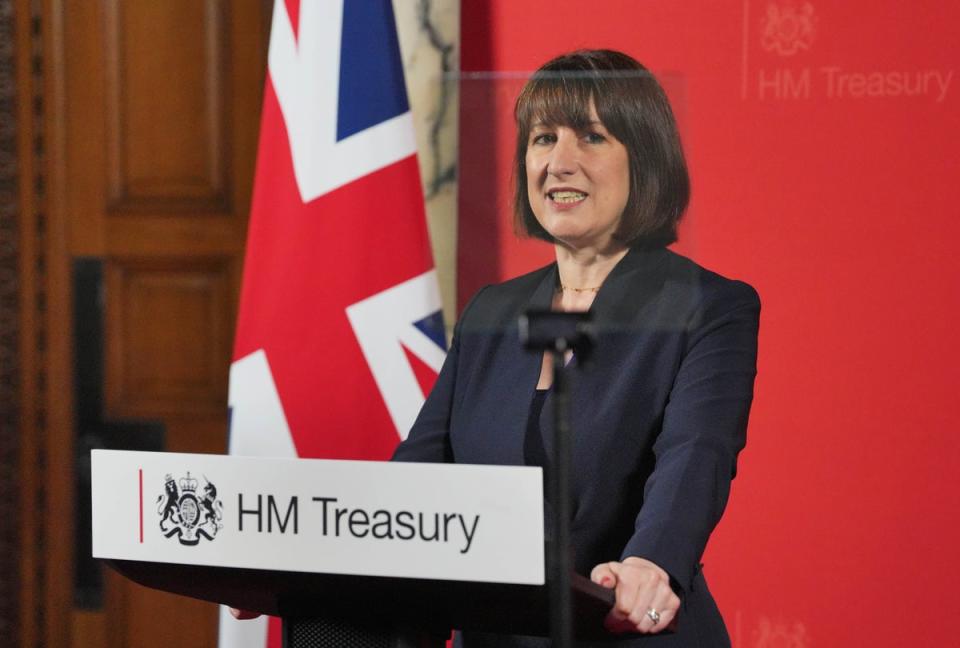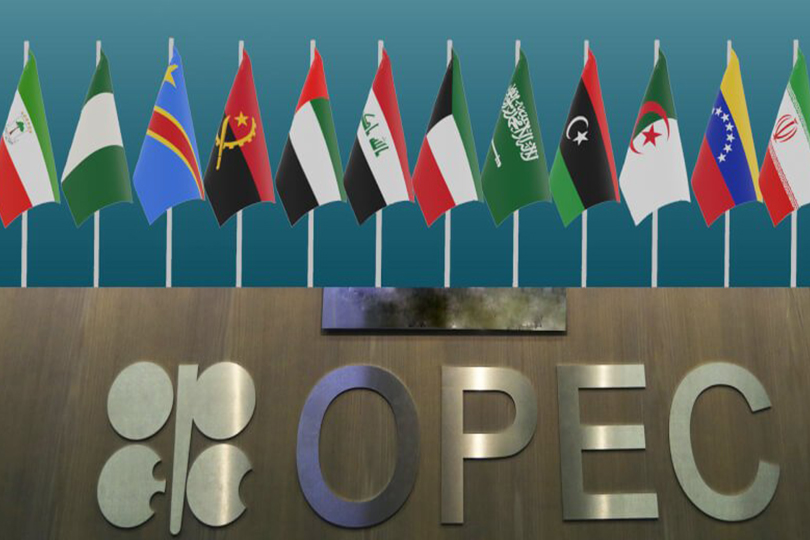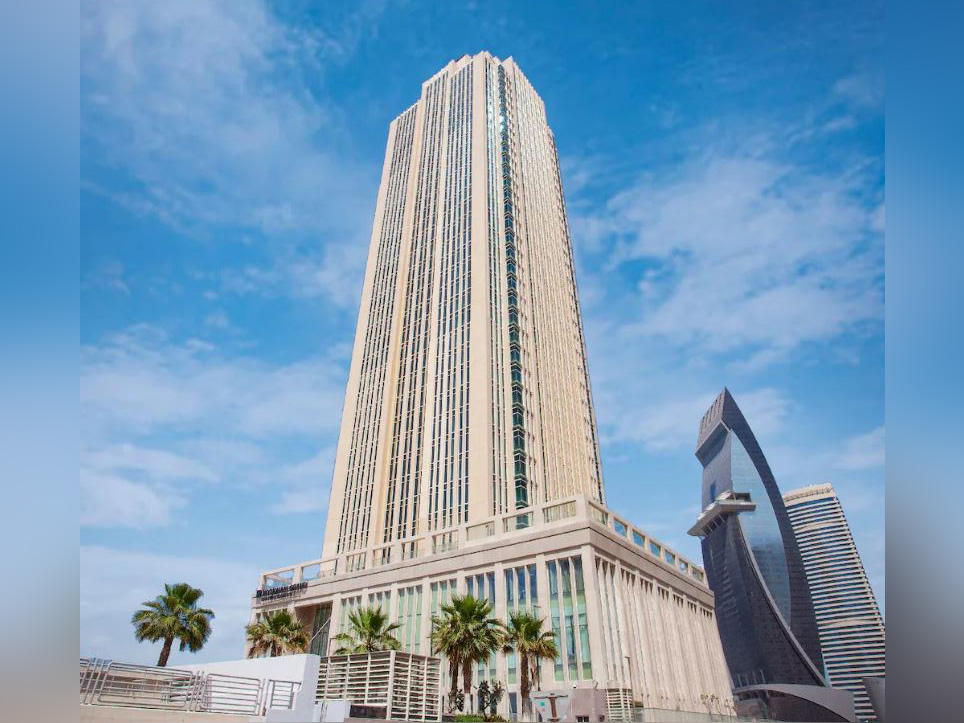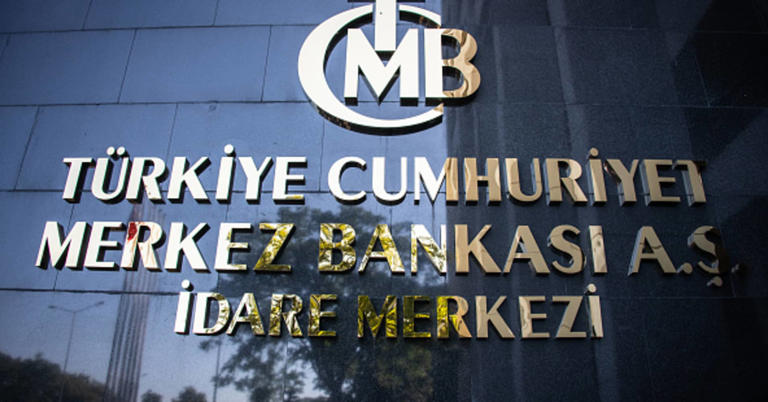The UK government’s dealmakers are turning their attention to the Gulf after a series of trade agreements with Europe, Chancellor Rachel Reeves has said.
On Monday, a deal between London and Brussels was struck covering defence, fishing, food and passport controls.
It follows agreements with the US to cut tariffs on some imports, give each partner access to the other’s markets for agricultural goods and to ease trade restrictions with India.
Ms Reeves told the BBC the Gulf would be the “next deal” as the government looks to continue to forge post-Brexit trade ties. She said deals had “come along like buses”.
In April, Foreign Secretary David Lammy said the Labour government was continuing discussions with the six countries of the Gulf Co-operation Council over a trade deal which were started by the last Conservative government.
UK Prime Minister Keir Starmer also hailed the “good progress” on efforts to agree on a GCC-UK trade deal in a call with Saudi Arabia’s Crown Prince Mohammed bin Salman in which they discussed “tariffs and an economic partnership”.

Ms Reeves suggested economic growth would be strengthened through recent trade deals. The UK economy grew by 0.7 per cent in the first three months of the year.
“Britain is in a better place than any other country in the world in terms of deals with those countries,” she said.
“The first deal and the best deal so far [is] with the US, we’ve got the best deal with the EU for any country outside the EU, and we’ve got the best trade agreement with India.
“Not only are these important in their own right, but it also shows that Britain now is the place for investment and business, because we’ve got preferential deals with the biggest economies around the world.”
Ms Reeves also said the UK was “not looking to have trade negotiations with China”.
Mr Starmer hailed the deal with the EU, set out at a summit in London, as a “win-win” for both parties, which would be the start of a new era in the UK-EU relationship.
The wide-ranging deal will allow more British travellers to use passport e-gates when going on holiday to Europe, while farmers will have swifter, easier access to trade on the continent as a result of an agreement on animal and plant product standards.
A “youth experience scheme” allowing young British citizens to study and live in Europe, and a new security and defence partnership were also agreed.
But it has been met with criticism after agreeing to grant European fishing trawlers a further 12 years’ access to British waters.
Talks restarted
After last year’s general election, Britain’s Labour government said it was eager to restart talks towards securing a free-trade agreement with the GCC.
Negotiations resumed in September and since then online and in-person negotiations have taken place, including a GCC delegation visiting London in October and a UK delegation visiting Riyadh in November.
The UK’s Economic Secretary to the Treasury, Emma Reynolds, told The National in March the UK aimed to deepen its trade and investment partnership with the UAE and was seeking more dual listings on the London Stock Exchange to strengthen ties in the financial sector.

Paul Carey




